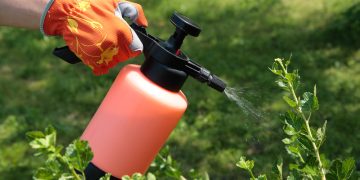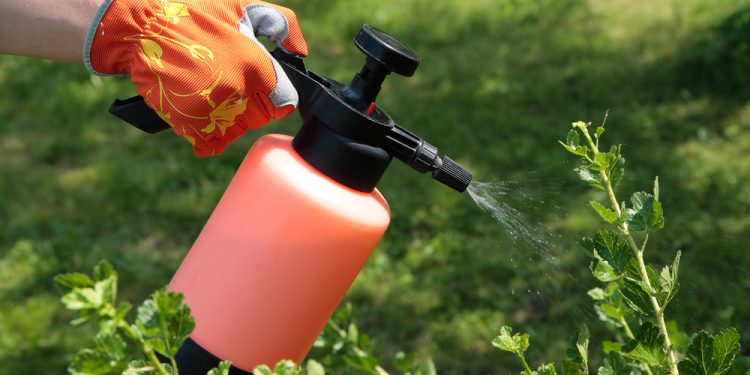#CropProtectionChemicals #MarketGrowth #BASFSE #SumitomoChemical #Syngenta #AgriculturalPractices #Pesticides #WeedControl #InsectControl #EnvironmentalSustainability
The global crop protection chemicals market is set to experience significant growth by 2028, driven by increasing research and development activities and the adoption of advanced agricultural practices. BASF SE, Sumitomo Chemical, and Syngenta are among the key players shaping the market. This article explores the market’s development, key drivers, opportunities, and challenges, shedding light on the various applications and types of crop protection chemicals.
The crop protection chemicals market has been witnessing steady growth, with a projected compound annual growth rate (CAGR) of 3.6% from 2023 to 2028. Factors such as the need to produce more food from limited farmland and the rising awareness of food shortages and climate change have fueled the demand for crop protection agents. The introduction of powerful new pesticides has enabled effective weed and insect control with minimal chemical usage. However, the industry faces challenges related to public perception, regulatory opposition, environmental concerns, and cost competitiveness.
Crop protection chemicals play a vital role in safeguarding agricultural crops from pests, weeds, diseases, and other threats. Farmers rely on these products to protect their harvests and maximize yields. The market offers a wide range of crop protection chemicals, including herbicides, insecticides, fungicides, acaricides, and nematicides. The chemicals can be applied through foliar spray, seed treatment, soil treatment, and other methods, catering to the specific needs of different crops.
The consequences of the market’s development include increased agricultural productivity, improved crop quality, and enhanced food security. However, improper or excessive use of crop protection chemicals can have negative environmental impacts, such as soil and water pollution, as well as harm agricultural biodiversity. To address these concerns, the industry is focusing on developing environmentally friendly and sustainable crop protection solutions.
The crop protection chemicals market is poised for significant growth in the coming years, driven by the need for increased food production and sustainable agricultural practices. BASF SE, Sumitomo Chemical, and Syngenta are prominent players shaping the market landscape. The development of advanced pesticides and the adoption of responsible agricultural practices are key factors influencing the market’s trajectory. However, it is crucial to balance the benefits of crop protection with environmental sustainability for long-term agricultural success.































